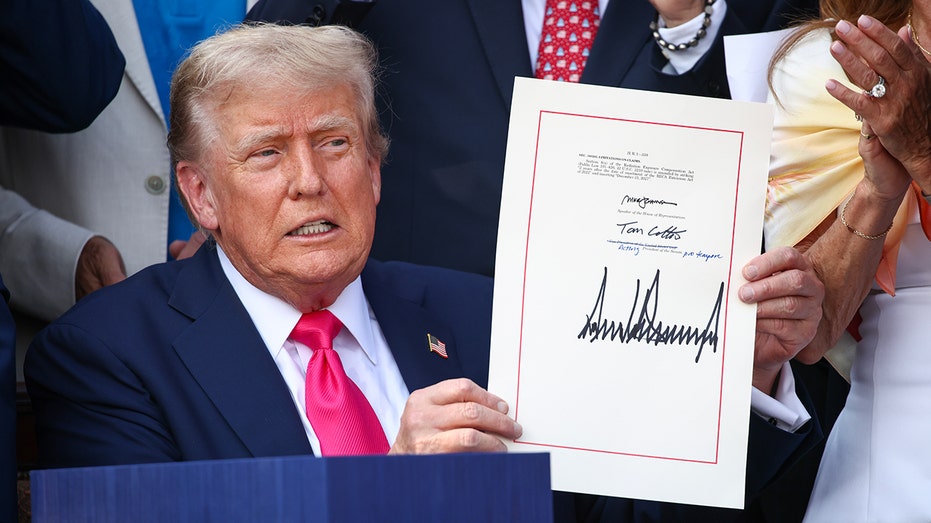Gilt yields spike as doubt grows over future of Rachel Reeves


Gilt yields spiked shortly after Keir Starmer refused to confirm whether Rachel Reeves would remain as Chancellor in an eventful PMQs during which she appeared visibly upset.
The prime minister defended the government’s U-turn on the welfare bill, which could now prevent Labour from making £4.8bn savings baked into the Office for Budget Responsibility (OBR)’s fiscal report after the Spring Statement.
But when asked whether Rachel Reeves would remain Chancellor for the full four years of the current parliament by opposition leader Kemi Badenoch, Keir Starmer dodged the question.
Ten-year gilt yields, which move inversely to the price of UK government bonds and affect the cost of borrowing for the government, rose above 4.6 per cent after PMQs.
Longer term gilt yields jumped by 20 basis points, with the Chancellor seen in tears as Badenoch said she looked “absolutely miserable”.
A No10 spokesperson said Rachel Reeves was “going nowhere” despite rumours swirling around Westminster.
Rachel Reeves is facing intense scrutiny over her handling of public finances after the welfare bill was watered down, with rebel Labour backbenchers reportedly claiming the Chancellor intervened on reforms and looked for quick savings ahead of the Spring Statement.
A spokesperson for Rachel Reeves said she was crying in response to a “personal matter”.
Rachel Reeves to ‘pay the price’
The latest welfare U-turn will cost the government £3bn extra, according to the Resolution Foundation, while the restoration of winter fuel payments will add £1.3bn to government bills.
Economists warned after the Spring Statement that Rachel Reeves had left herself too little headroom, leaving public finances on shaky ground.
The Institute for Fiscal Studies (IFS) have warned that extra spending commitments will lead to tax rises while City analysts have previously estimated that the government could be forced to raise in excess of £20bn in order to restore her fiscal buffer.
Other economists, including researchers at the OECD, have suggested that the Chancellor could revise fiscal rules to allow for more spending.
Higher borrowing commitments could rattle bond markets, with current debt interest payments set to total £104bn, more than double levels seen in the 2010s.
“Rachel Reeves will pay the price for sticking to her fiscal rules and having a party that won’t let her do so without hiking taxes because they refuse to grasp the benefits nettle,” said UK investor strategist Neil Wilson.
“The market is turning vigilante here and showing a distinct lack of confidence and implication that we could see more borrowing: pricing in higher political risk premium.
“This kind of market reaction is everything Labour hoped to avoid. They staked so much on their fiscal credibility but it’s all gone up in a backbench revolt.”
The Office for Budget Responsibility (OBR) yesterday indicated its near-term growth forecasts had been too lenient on Rachel Reeves as it said it would review how it assesses growth policies.
City analysts have warned that the government’s short-term policymaking could affect long-term growth prospects.
“One year into Labour’s time in office, market sentiment is shifting as the ramifications of a series of ideologically driven policy decisions begin to emerge,” said Lindsay James, investment strategist at Quilter.
“Whether this approach lays a foundation for longer-term success will depend on the government’s ability to deploy resources efficiently and break the emerging cycle where weak growth leads to higher taxes, which in turn undermines future growth potential.
“However, the effective abandonment of welfare cuts shows just how much the government is struggling to make big changes, and the recent climbdown could serve to encourage further rebellion.”






